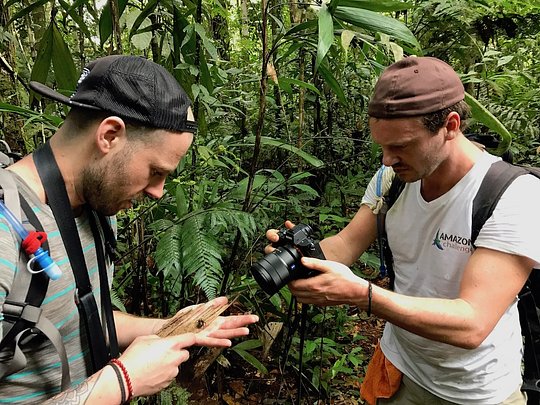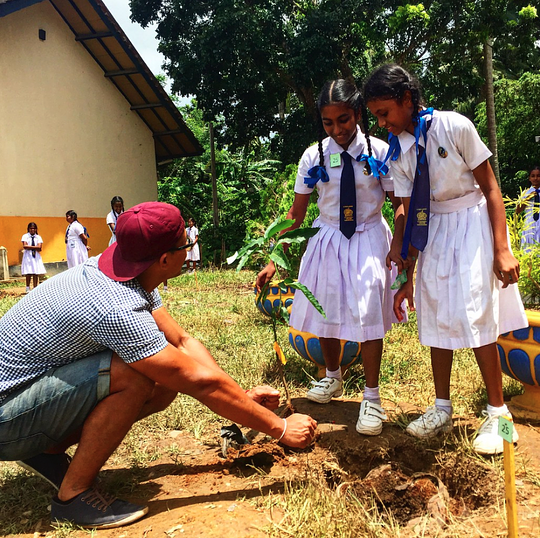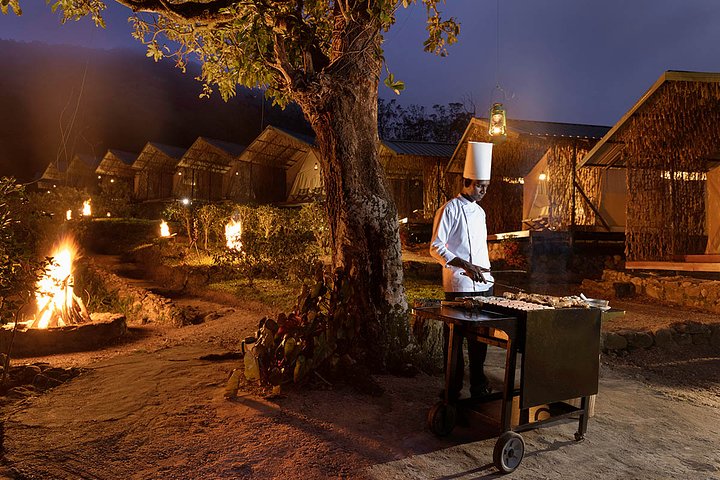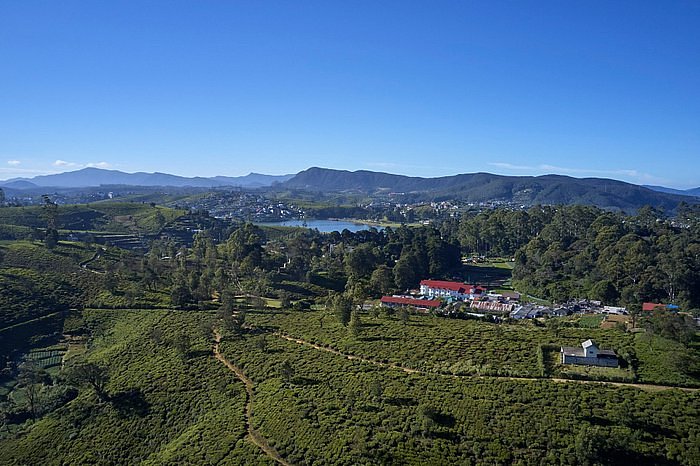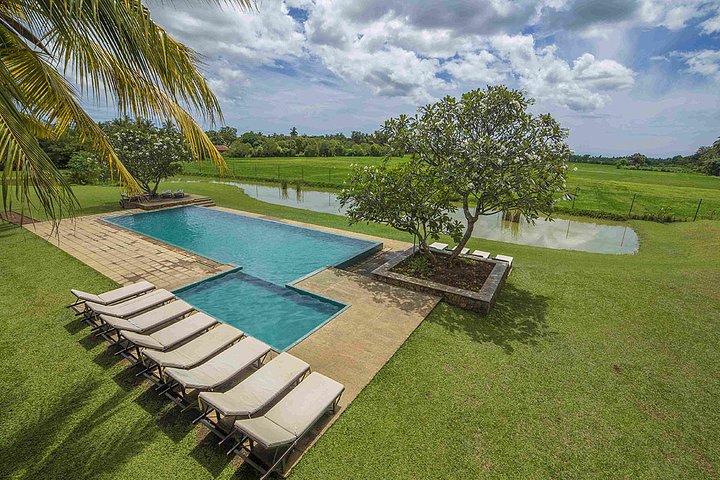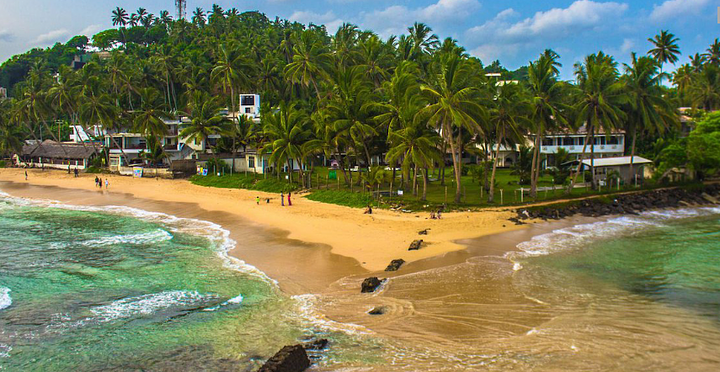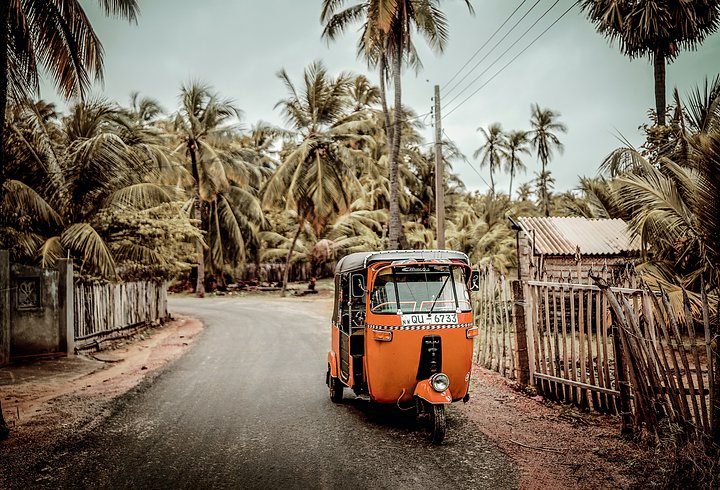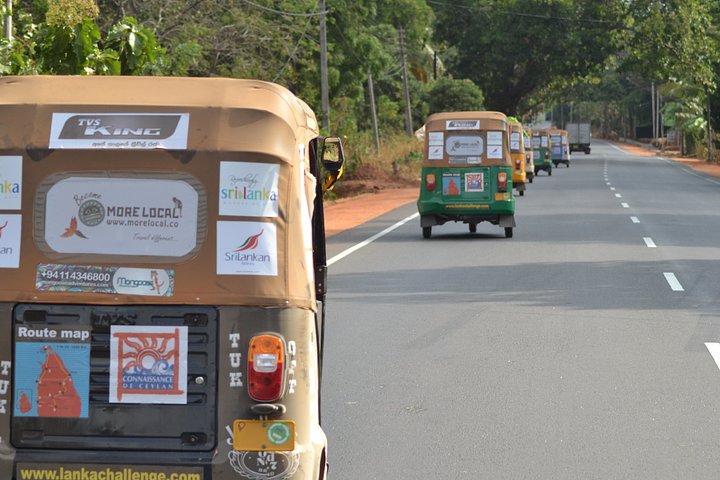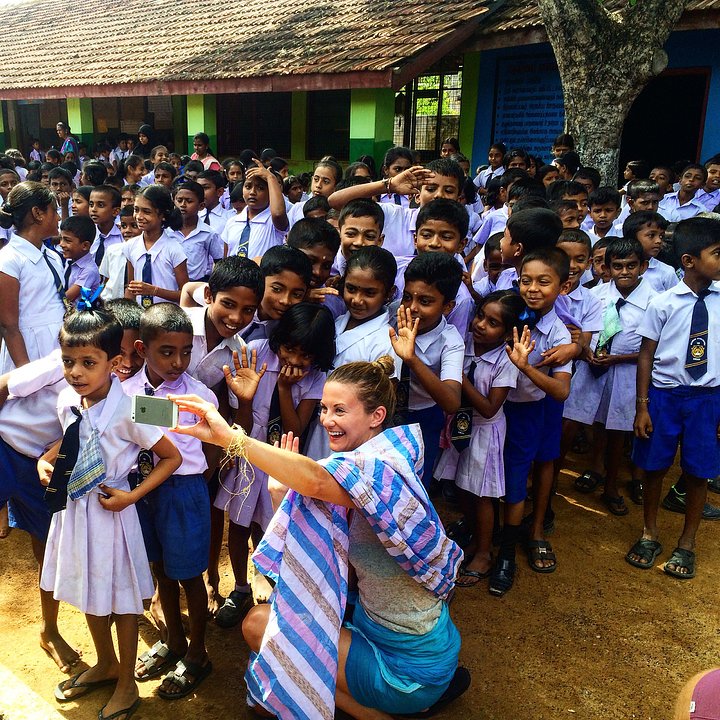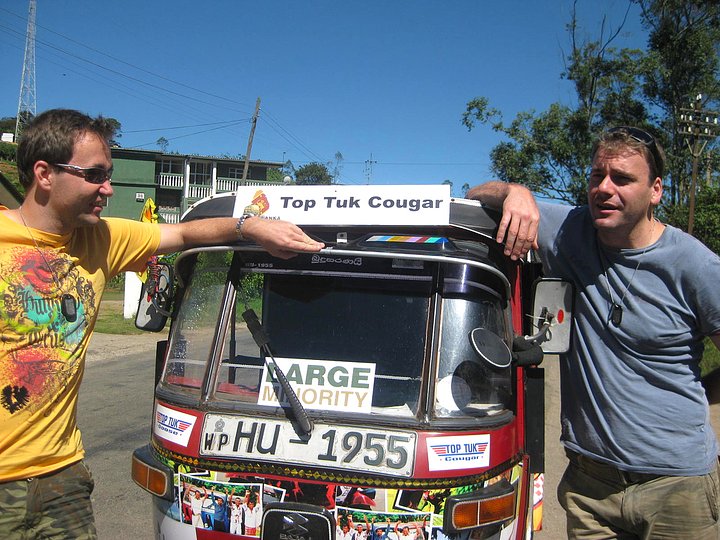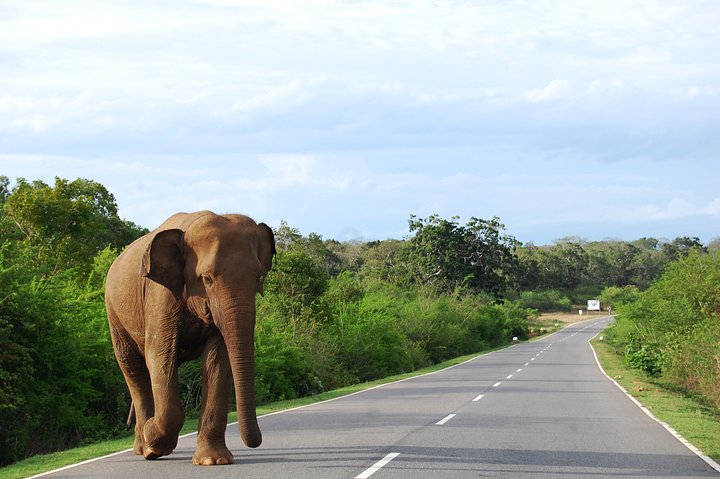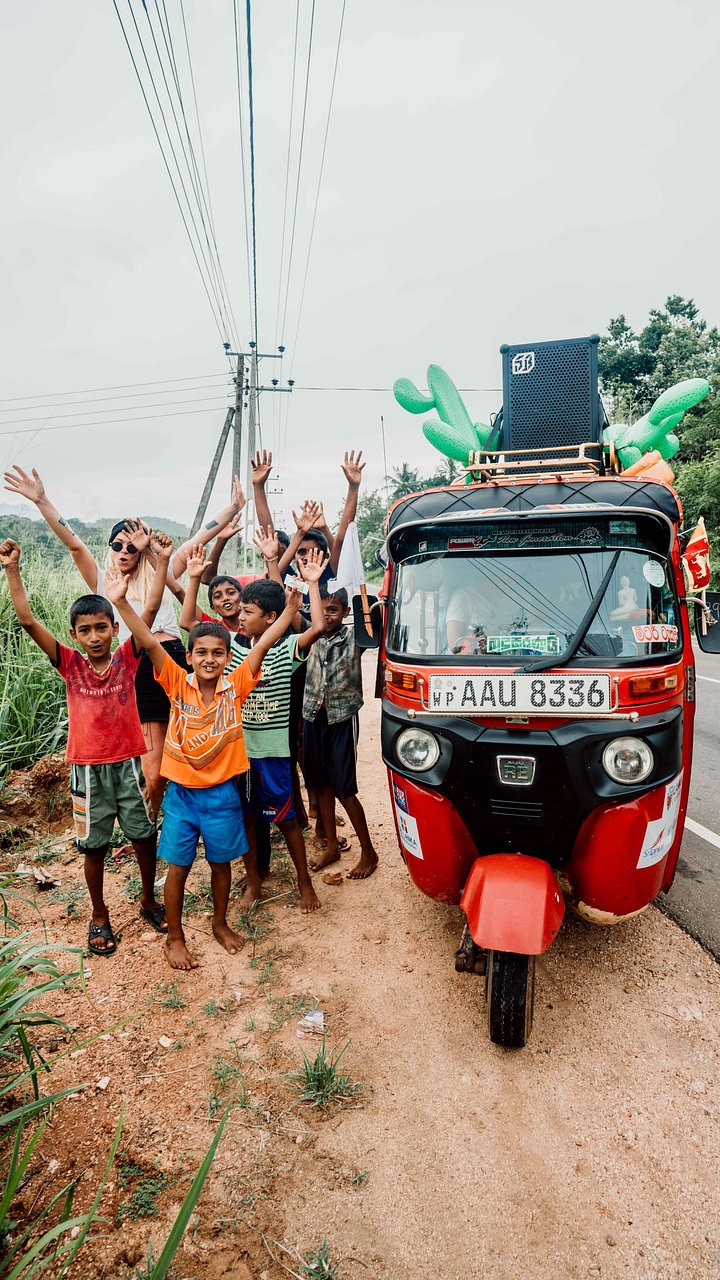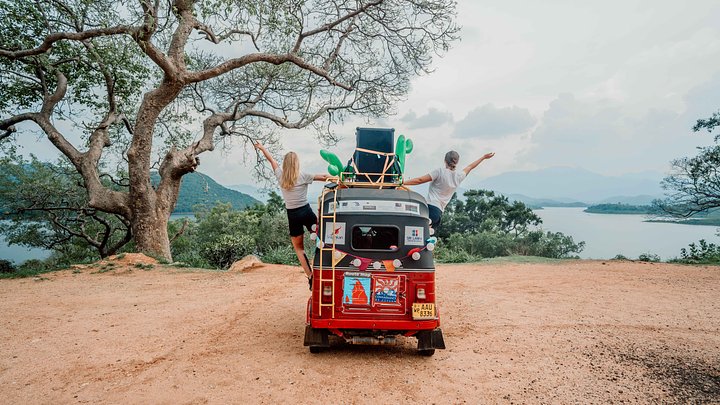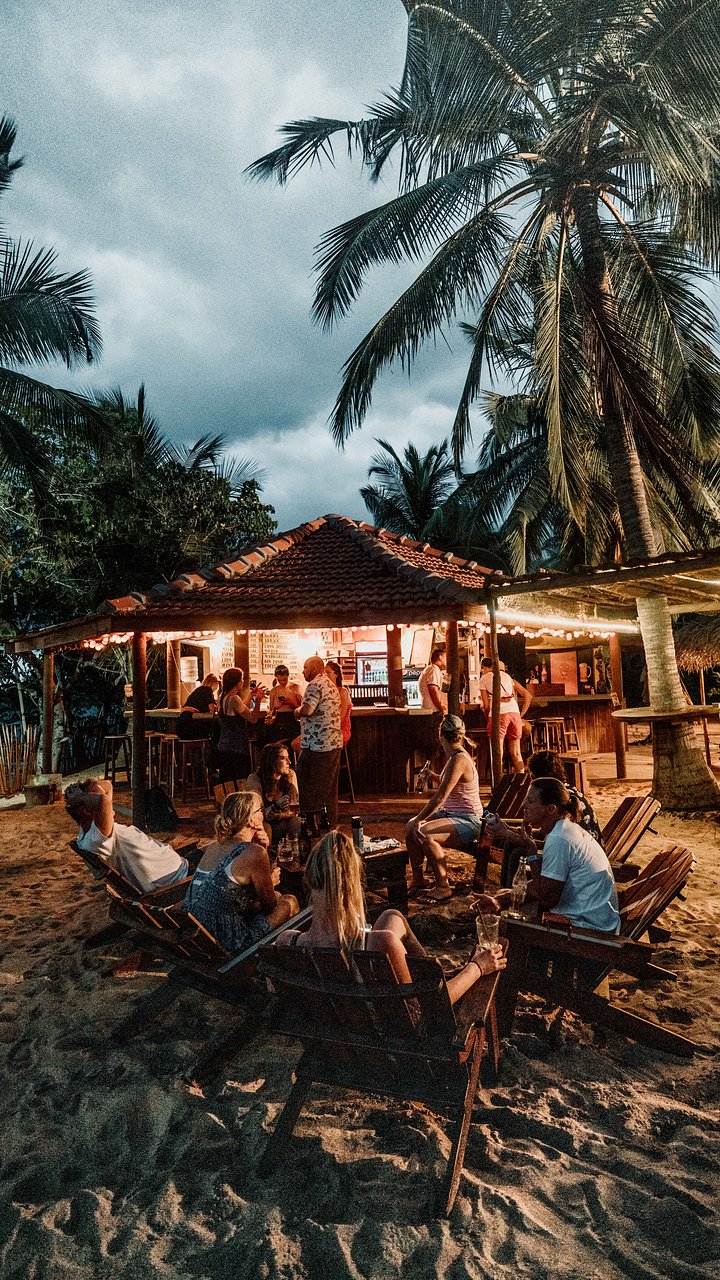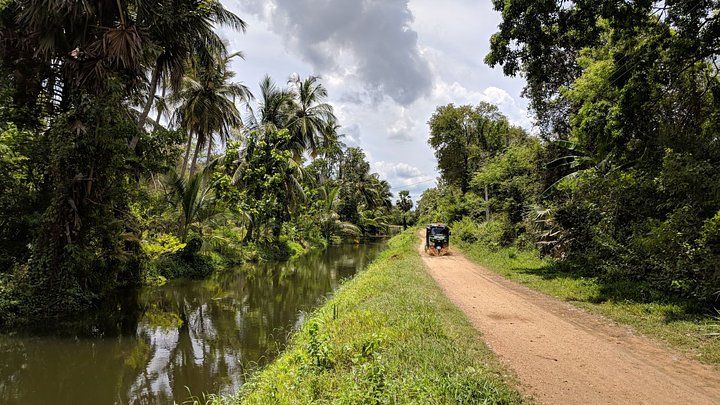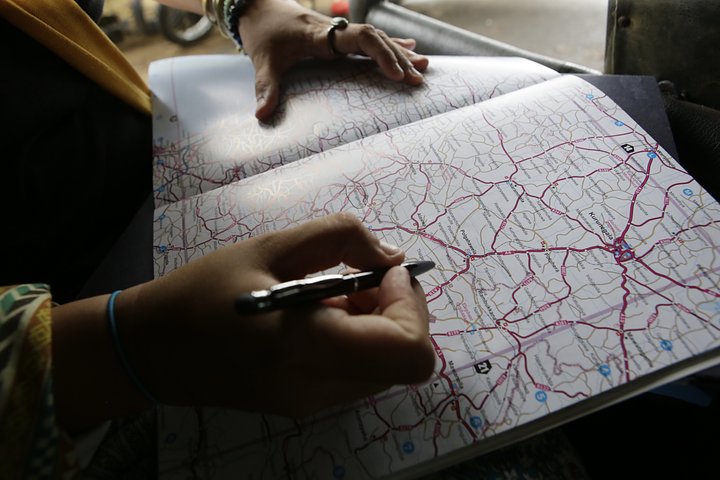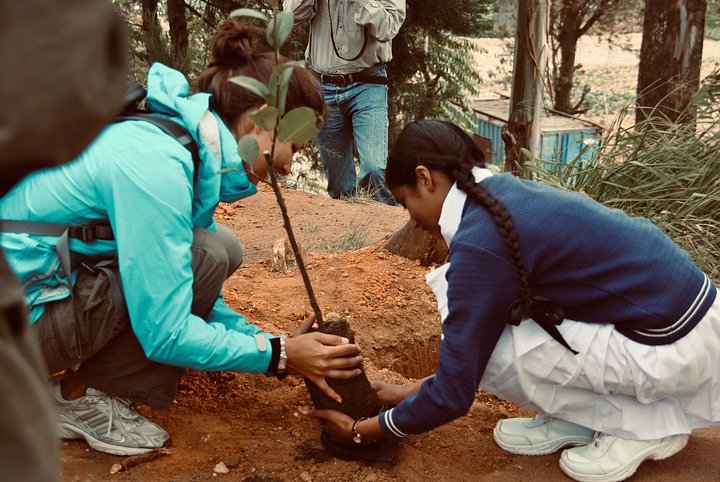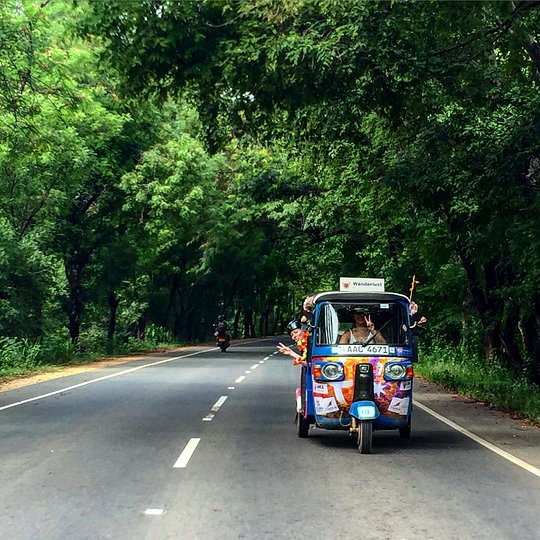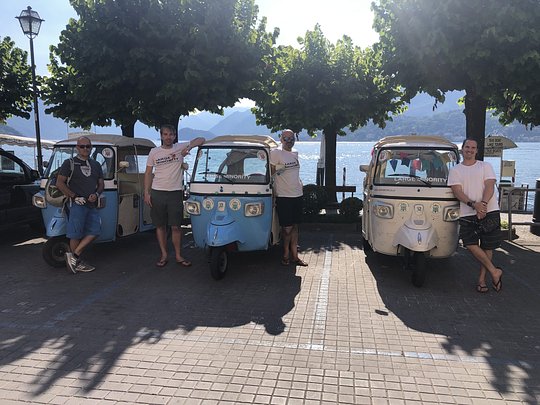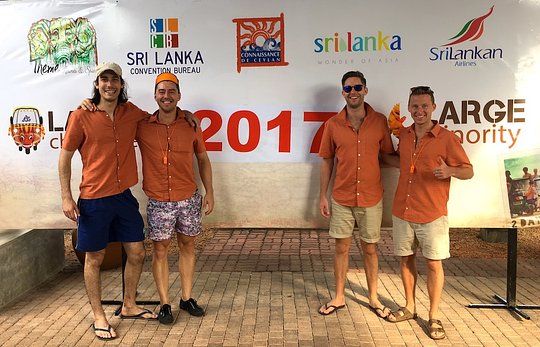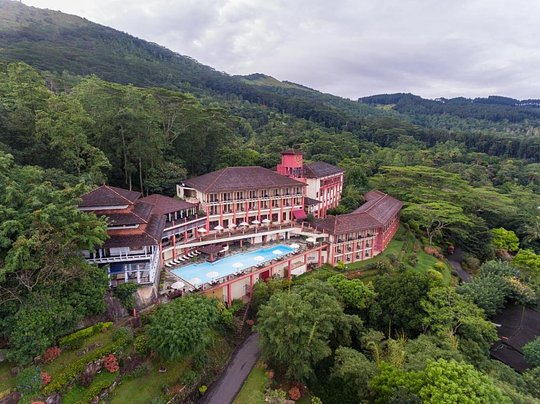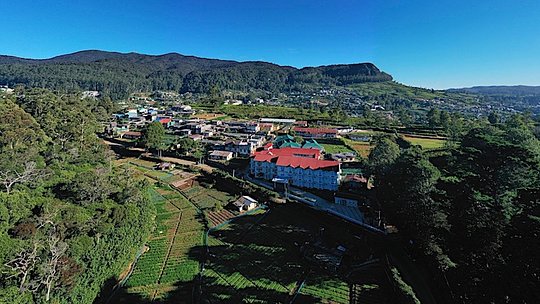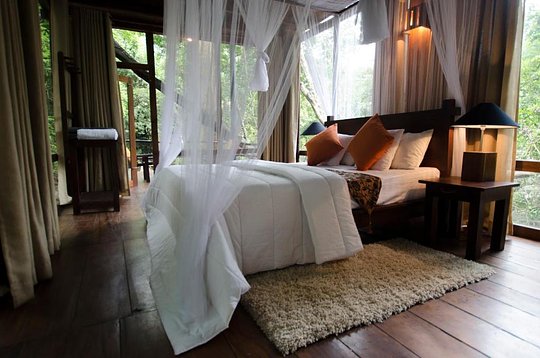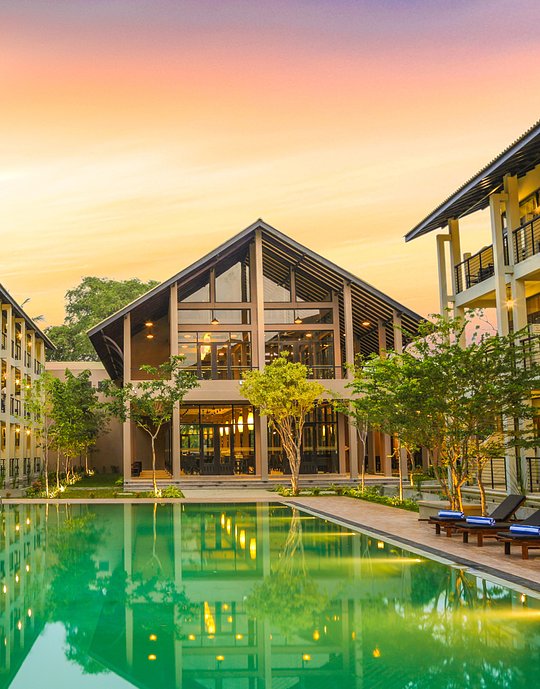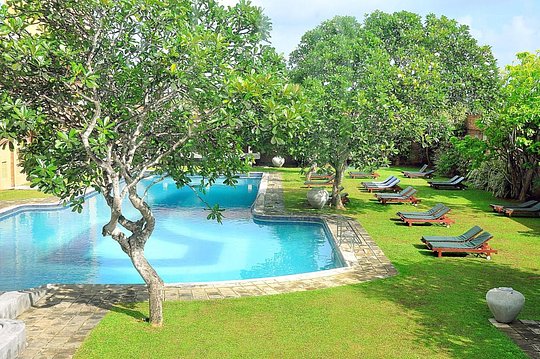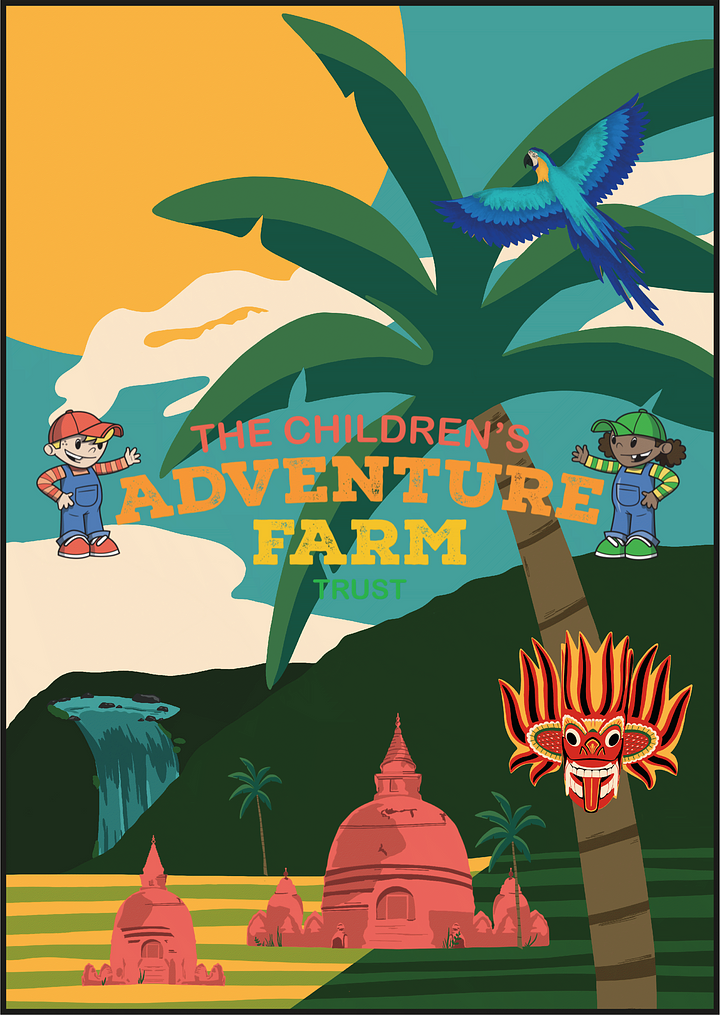
Overview
CAFT has teamed up to bring you The Great Sri Lanka Tuk-Tuk Adventure which sees fundraising teams navigate the winding roads of Sri Lanka in their own 3 wheeled Tuk-Tuks! Each Tuk-Tuk can hold 1-3 team members who will take on an epic 1000km route all in the name of their chosen charity CAFT - the event has been created to inspire charitable fundraising and provide a truly unique travel experience on the beautiful island of Sri Lanka. Our 3-wheeled expedition around Sri Lanka showcases the island's rich culture & dramatic scenery, with all accommodation and activities included. Large Minority Travel, an old hand in Tuk-Tuk Adventures, have pulled together the ultimate road trip itinerary, providing participants with the perfect Sri Lankan experience featuring unspoilt beaches, epic mountain vistas and serious road tripping goodness. The group adventure includes expert guides and full support throughout. Each Tuk-Tuk can hold up to three people, so we recommend chatting to family, friends and colleagues about pulling together a team to take on the adventure! Each participant fundraises ahead of their adventure, with 100% of all money raised going to The Children's Adventure Farm Trust. All drivers will be given, upon arrival, a Tuk-Tuk driving lesson to be sure you all feel confident in the vehicle and then off you go to explore.
